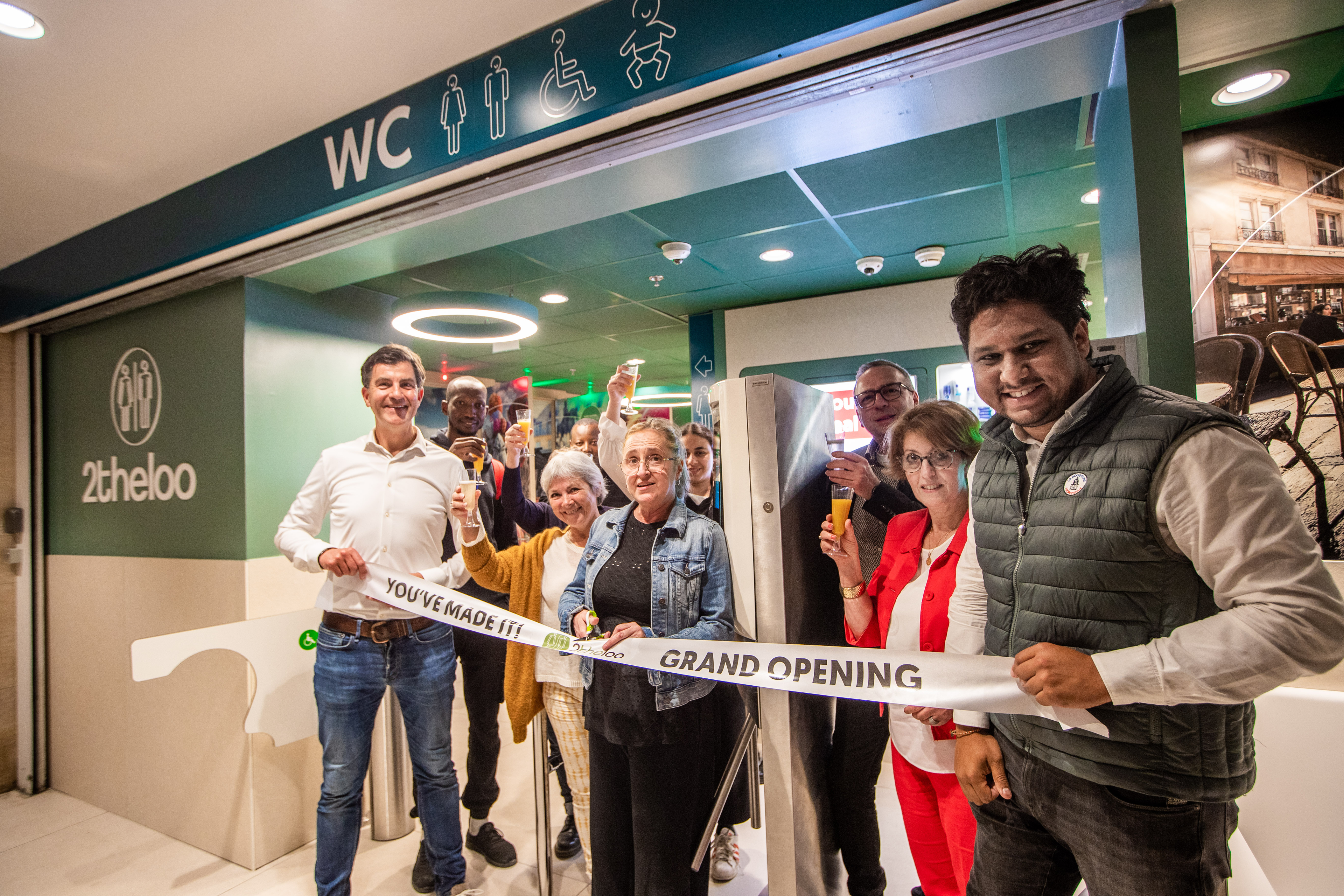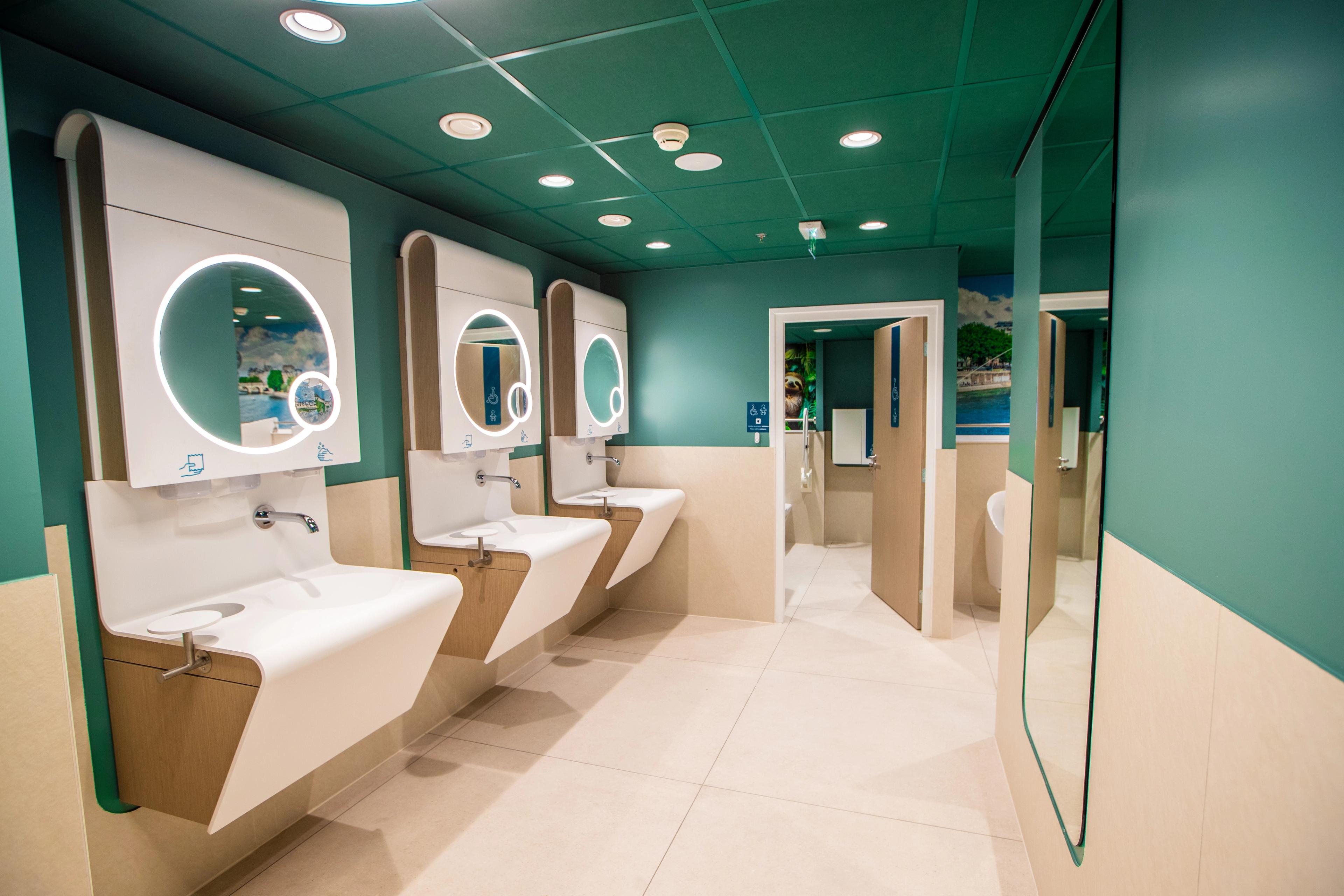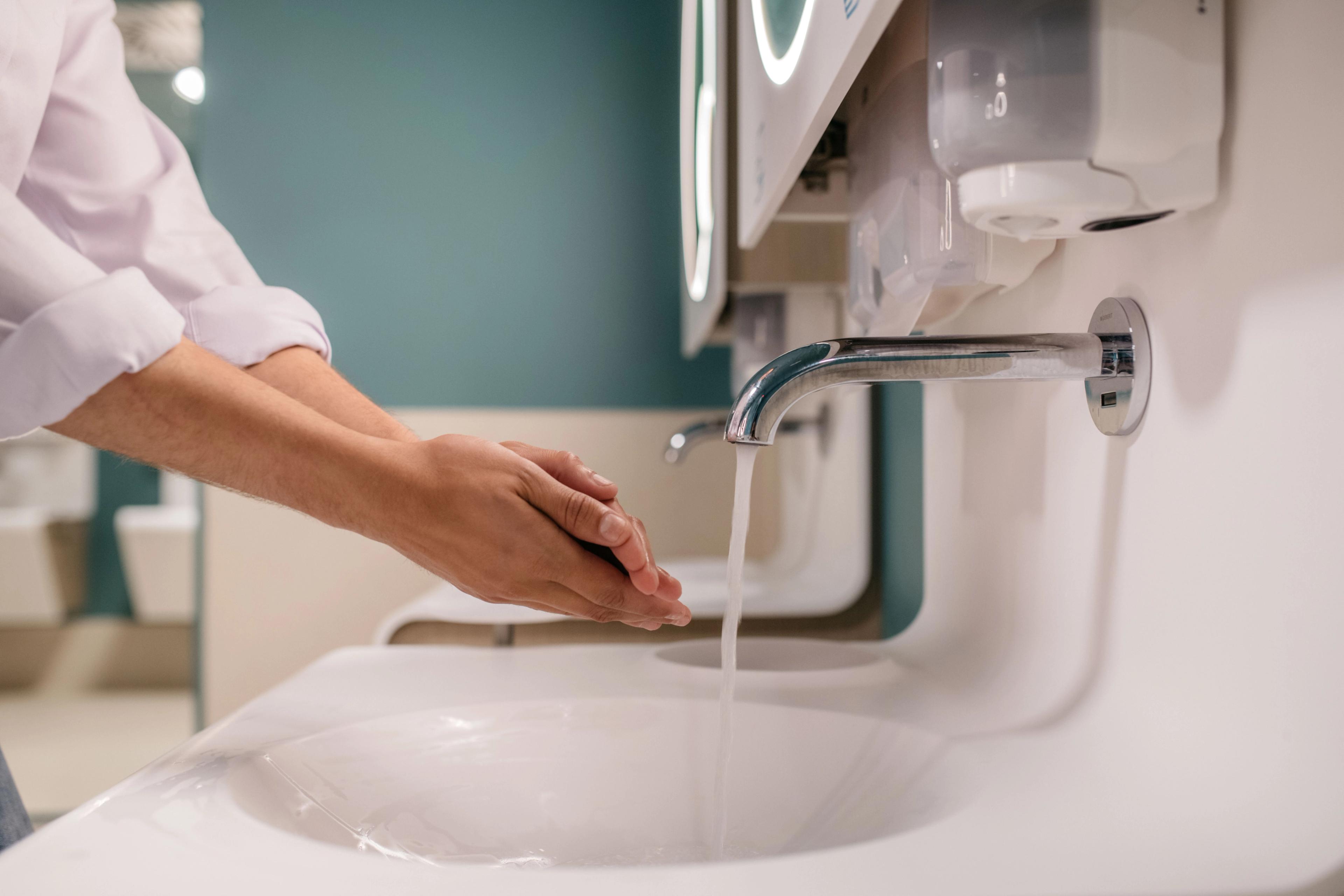Which country has the cleanest toilets in the world?
Let's face it—public restrooms typically don't top the list of places you're excited to visit. But what if we told you there's a country where stepping into a public toilet isn't just tolerable—it's actually enjoyable? Globally recognized for its spotless and inviting facilities, one nation stands out when it comes to making your toilet break a surprisingly pleasant experience. Curious which country claims this throne? Let's dive in.
Which country is known for having the cleanest toilets?
When it comes to sparkling clean toilets that practically invite you in, there's one country that consistently gets rave reviews: Japan. Famous for its high-tech, impeccably maintained restrooms, Japan has set the global bar for cleanliness and comfort. From airport terminals in Tokyo to public parks in Kyoto, you'll find facilities that are spotless, inviting, and often even entertaining.
Japan's dedication to restroom cleanliness isn't just about hygiene—it's also about hospitality. Public restrooms across the country frequently include thoughtful amenities like heated seats, soothing background music, automated bidets, and even fragrance dispensers. This attention to detail transforms what could be a mundane necessity into a little moment of luxury, giving visitors an unexpectedly delightful experience.
At 2theloo, we appreciate countries like Japan that share our passion for turning restroom visits into enjoyable breaks. Just like Japan's commitment to cleanliness and comfort, we strive to create restrooms that people genuinely look forward to visiting—because a toilet break shouldn't feel like a survival challenge.
What factors contribute to maintaining toilet cleanliness in this country?
Japan's exceptional restroom cleanliness isn't by accident—it's a result of a unique combination of cultural values, advanced technology, and proactive public restroom management. First and foremost, cleanliness is deeply embedded in Japanese culture. Respect for public spaces and consideration for others means that citizens themselves actively contribute to keeping facilities pristine.
Then there's the remarkable technology. Japanese restrooms often feature self-cleaning toilets, touchless fixtures, and sensors that monitor cleanliness in real-time. Public restroom turnstiles are sometimes utilized to manage traffic flow, ensuring facilities don't get overcrowded or overwhelmed, which in turn keeps them cleaner for longer periods.
Governmental policies also play a role. Regular inspections, strict hygiene standards, and investments in restroom infrastructure ensure that public facilities meet high cleanliness benchmarks. Together, these cultural attitudes, technological innovations, and active governmental involvement maintain Japan's stellar reputation for spotless restrooms.
How do toilet cleanliness standards in other countries compare?
While Japan sets the gold standard, toilet cleanliness varies greatly worldwide. Countries like Singapore and Switzerland also receive high praise for their well-maintained public restrooms. Singapore, for instance, enforces strict regulations and fines for unclean public toilets, while Switzerland emphasizes regular maintenance and public responsibility, creating consistently clean facilities.
On the other end of the spectrum, some countries still struggle to achieve acceptable standards for public restrooms. Due to limited resources, inadequate infrastructure, or lack of priority, facilities in these regions can be unpleasant or even unsanitary, negatively impacting public health and tourism.
At 2theloo, we've taken inspiration from the best practices worldwide, combining smart technology, engaging restroom designs, and efficient management solutions—whether staffed or unstaffed—to deliver consistent quality. Our goal is always to elevate the restroom experience, making it accessible, welcoming, and refreshingly clean no matter where you're traveling.
What innovations have improved toilet hygiene globally?
Globally, restroom hygiene has dramatically improved thanks to innovations in technology and design. Automated fixtures like sensor-operated taps, soap dispensers, and dryers have reduced contact points, significantly cutting down bacteria transmission. Self-cleaning toilets and antibacterial surfaces have also played a role in maintaining hygiene consistently throughout the day.
Another game-changer is smart restroom technology, which provides real-time data insights. Facilities managers can track restroom usage, monitor cleanliness levels, and schedule timely maintenance. Public restroom turnstiles and paid public washrooms have become popular in busy locations, managing visitor flow and generating revenue that gets reinvested into restroom upkeep.
At 2theloo, we've embraced these innovations wholeheartedly. By partnering with leading brands and integrating sustainable technologies, we're minimizing environmental impact while maximizing visitor satisfaction. Our flagship locations, such as the beautifully restored Lavatory de Madeleine in Paris, showcase how innovation and attention to detail can transform public restrooms into remarkable experiences.
Why is toilet cleanliness important for public health and tourism?
Clean toilets aren't just about comfort—they're essential for public health and tourism. Poor restroom hygiene can lead to the spread of diseases and infections, posing significant health risks. Well-maintained facilities, on the other hand, protect visitors and promote overall public well-being, creating safer, healthier communities.
From a tourism perspective, clean and inviting restrooms significantly enhance visitor experiences. Travelers often judge a destination by the quality of its public facilities, and negative restroom experiences can leave lasting, unfavorable impressions. In fact, studies show that the state of a restroom often influences whether visitors return to a location or recommend it to others.
At 2theloo, we've seen firsthand how investing in restroom quality pays off, turning rest stops into destination areas. Our partnerships, such as those with Shell, Total Energies, and Belgian Railways, have shown measurable improvements in customer satisfaction. Ultimately, clean restrooms are not just a nice-to-have—they're a must-have for any location that cares about public health, reputation, and visitor happiness.


